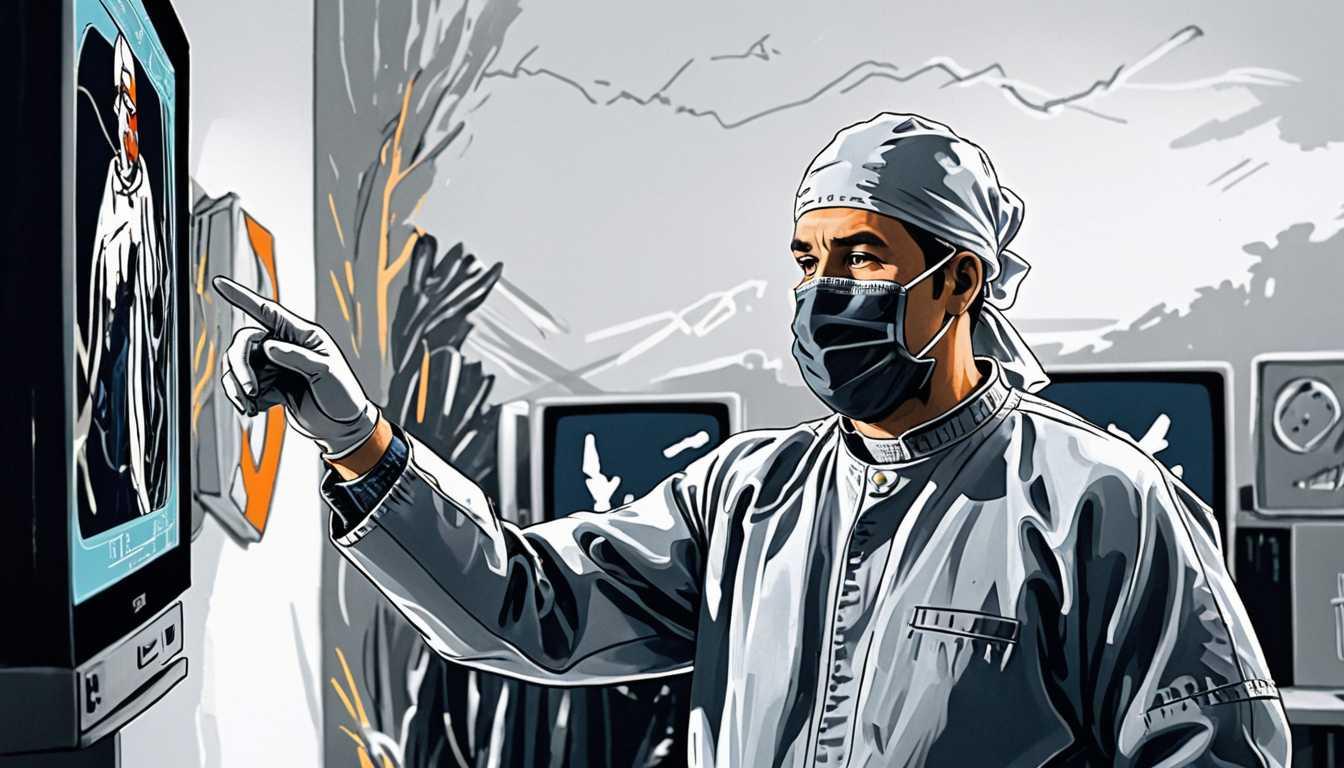Brain Wiring: The Hidden Link to Depression
September 2024
Cornell News Highlights
Introduction
Hey there, brainiacs! Did you know that your brain might be secretly plotting against you when it comes to depression? According to a fascinating article from Cornell News Highlights, researchers at Weill Cornell Medicine discovered that people with depression have a super-sized salience network in their brains, almost double the size of those without. This newly minted “deep scanning” approach could help us predict and treat depression like never before. Dive into this article for some mind-blowing insights—your brain will thank you!
READ FULL ARTICLEWhy It Matters
Discover how this topic shapes your world and future
Unlocking the Mysteries of the Mind
Understanding the brain's role in mental health, especially conditions like depression, is more important than ever. This new research from Weill Cornell Medicine is groundbreaking because it uncovers how certain brain patterns might make some people more susceptible to depression. The implications of this discovery extend beyond individual health, they could influence global mental health strategies, treatments, and our understanding of human behavior. As a student, recognizing the interplay between mental health and brain function can empower you to take control of your own well-being and appreciate how these studies can lead to improved mental health resources for everyone.
Speak like a Scholar
Neuronal Interactions
The ways in which brain cells (neurons) communicate with each other to process information and respond to stimuli.
Functional Magnetic Resonance Imaging (fMRI)
A scanning technique that measures brain activity by detecting changes in blood flow, helping scientists understand how different parts of the brain work.
Salience Network
A group of brain regions that helps determine which stimuli are important and worthy of attention, playing a key role in processing feelings and rewards.
Anhedonia
The inability to feel pleasure or enjoyment in activities that usually bring joy, often seen in individuals with depression.
Episodic Psychiatric Syndrome
A mental health condition characterized by alternating episodes of symptoms and periods of relative normalcy, like those seen in depression.
Neuropsychiatric Conditions
Disorders that affect the brain's function and, consequently, a person's mood, thinking, and behavior, such as depression and anxiety.
Independent Research Ideas
Exploring the Salience Network
Investigate how the salience network differs in individuals with various mental health conditions. Understanding these differences could lead to tailored treatments.
Childhood Brain Development and Depression
Study the relationship between childhood brain features and the likelihood of developing depression later in life. This could reveal insights into early interventions.
The Biology of Anhedonia
Research the neurological underpinnings of anhedonia and how it affects daily life for people with depression. This could help in developing techniques to enhance pleasure and motivation.
Cultural Perspectives on Mental Health
Examine how different cultures perceive and treat depression, and how these practices could complement scientific findings about brain function.
Comparative Studies of Brain Scanning Techniques
Analyze the effectiveness of different brain imaging techniques in diagnosing and treating mental health disorders, highlighting advances in technology and methodology.
Related Articles

Life Support Decisions: A Second Look
May 2024
Harvard Gazette

Heart Health: A Simple Blood Test Reveal!
September 2024
Harvard Gazette

Estrogen and Binge Drinking: What’s the Link?
January 2025
Cornell News Highlights

Tailoring Treatments: The Future of Mental Health
June 2024
MIT Technology Review

MIT’s Tiny Life-Saving Overdose Sensor
August 2024
MIT News